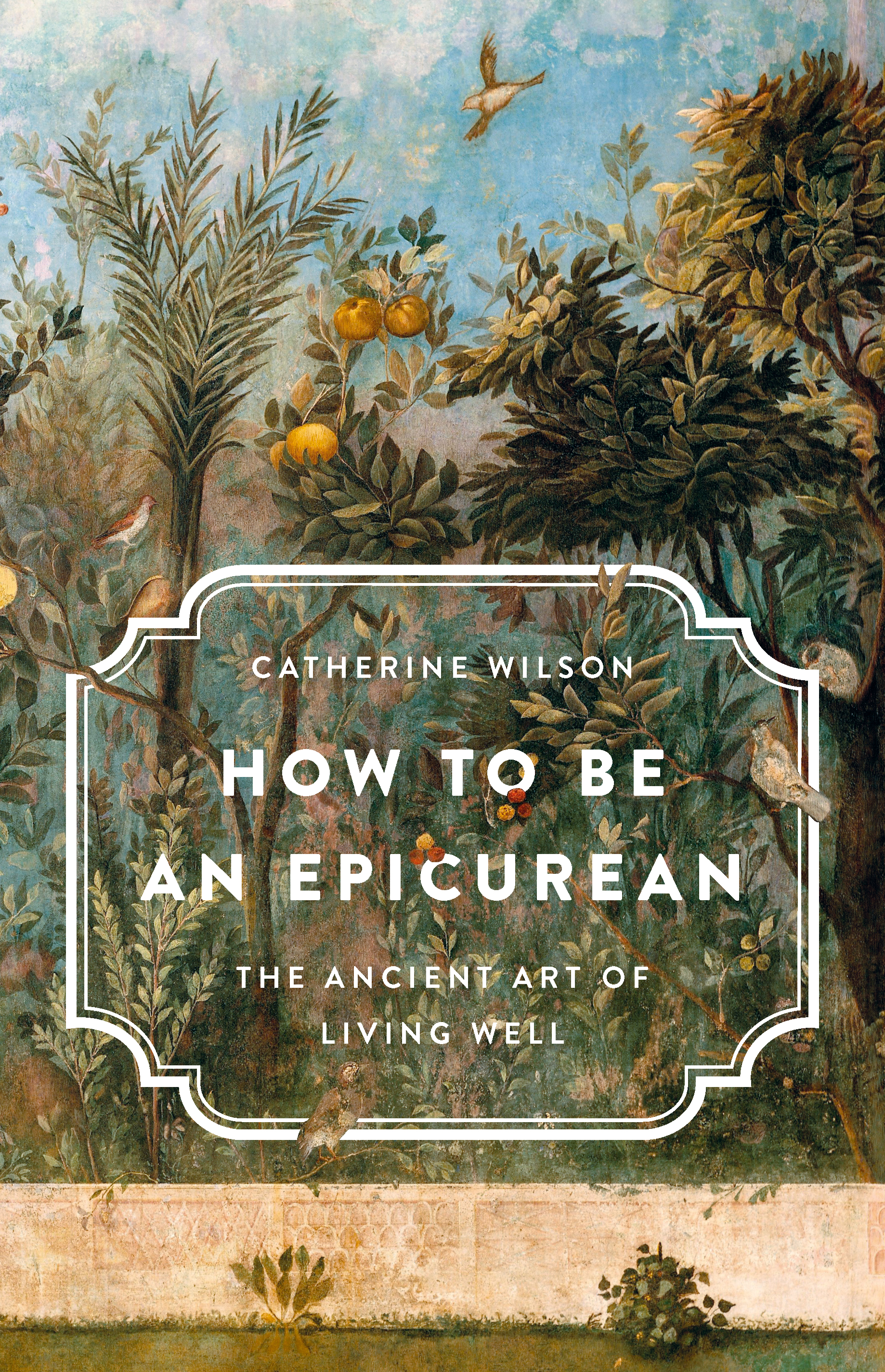If your job brings you little satisfaction, think it over. How much money do you really need? Shorter work hours have been repeatedly shown to reduce stress and to result in a more equal and satisfying division of household tasks. They also leave more time for socialising, volunteer work and political action.
As noted earlier, there can be suffering for a good cause. Mary pays the bills and John cleans the refrigerator. It is tiresome but prevents future unpleasantness. Sam could quickly relieve his minor headache by taking a powerful opiate he buys on the street, but he doesn’t want to get involved with dealers. Triumphing over adversity can bring pleasure that outweighs the pain of adversity. But banging your head against a wall or a ball, or anything else, for any reason, is imprudent, regardless of the pleasant sensation you get when you stop. It is really hard on your material brain, which you need for thinking, feeling and experiencing.
But life is complicated. While it is easy to send those shoes to the charity shop, and not impossible to press for or initiate changes at work, other people cause many degrees and varieties of pain that are confusing and sometimes immobilising.
Most letters to advice columns take the following form: ‘I am really bothered by how my girlfriend/husband/boss is treating me. This is causing me a lot of agony. Should I say something, or should I end it/leave him/quit? Should I just keep my mouth shut and grin and bear it? I like/love my girlfriend/husband/job, and I am hoping things will improve.’
This formula – the dilemma formula – appears over and over. The answers given by the expert will be versions of ‘Obviously you should …’ or else ‘No one can make this decision for you.’ Usually, it is the latter, and the letter writer may well feel disappointed. The whole point of writing to the newspaper was to get clear, objective direction that ensures against regret down the road. But the fact is, we cannot ensure against regret.
Students of sociology, following Albert Hirschman, are aware that there are three possible responses to the dilemmas posed by deteriorating relationships, including those indicated by the letter writers: exit, voice and loyalty. The disgruntled or suffering party can leave, sacrificing what benefits there are in the relationship, but avoiding a confrontation; they can protest against their mistreatment vigorously and explicitly enough to be noticed; or they can put up with the situation because there are really no better alternatives out there.
The Epicurean cannot tell you, any more than the average newspaper columnist can, exactly what to do to get out of a painful situation, just as he can’t tell you exactly how to get more pleasure into your life. But he encourages you to do something: to make a graceful and quiet exit, to summon up the courage for a confrontation that may or may not turn out the way you want it to, or to make a deliberate decision that the situation just has to be endured.
Regardless of the trouble other people can cause for us, Epicurus believed close human relationships to be the greatest source of pleasure in life. ‘Of the things which wisdom provides for the blessedness of one’s whole life, by far the greatest is the possession of friendship.’ Friendship offers opportunities for shared attention, a distinctive aspect of human behaviour that other animals display only fleetingly, and for the full use of our powers of humour, aesthetic appreciation and speculation. Young children point out objects of interest to others even before they can speak. As teenagers, both boys and girls develop a powerful capacity for emotional intimacy and dependency extending outside the family. As adults, friends see films together, lend one another books, travel or take walks together, speculate about world events and gossip about their common acquaintances. They help with projects requiring more than one pair of hands, and even if they are rarely or never needed in a medical or financial emergency, there is security, Epicurus comments, in knowing that they would help.
Unlike Aristotle, Epicurus did not moralise about the criteria to be employed in picking friends. Indeed, reflective choice does not usually enter into forming a friendship; people find the conversation and companionship of certain people rewarding, others not so much, and fall into association with them without feeling the need to tick boxes. But choice and avoidance do have a role to play, insofar as cultivating a friendship takes thought and planning. Someone has to initiate, Epicurus noted, and not everyone who bids for a particular friendship is successful.
The loss of a friend to death or relocation, or as the result of a quarrel, is painful in a way that the gradual attrition of a friendship is not. Although impermanence is a feature of all complex objects and relations for the Epicurean, we have a sense of how long particular things ought to last. When they give out prematurely, grief is the appropriate emotion to experience. Prudence does not, however, urge us to forego friendship on the grounds that we may someday be subject to a loss. We live among many fragile and semi-fragile things, and friendship is only one of them.

Excerpted from How to Be an Epicurean: The Ancient Art of Living Well by Catherine Wilson with permission from the author and publisher.
Follow us here and subscribe here for all the latest news on how you can keep Thriving.
Stay up to date or catch-up on all our podcasts with Arianna Huffington here.


